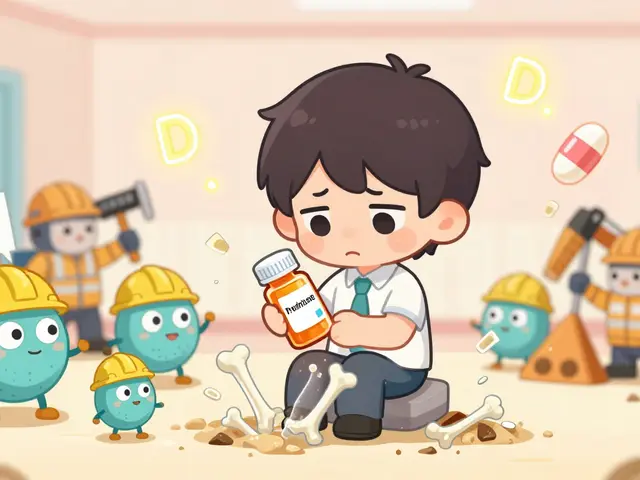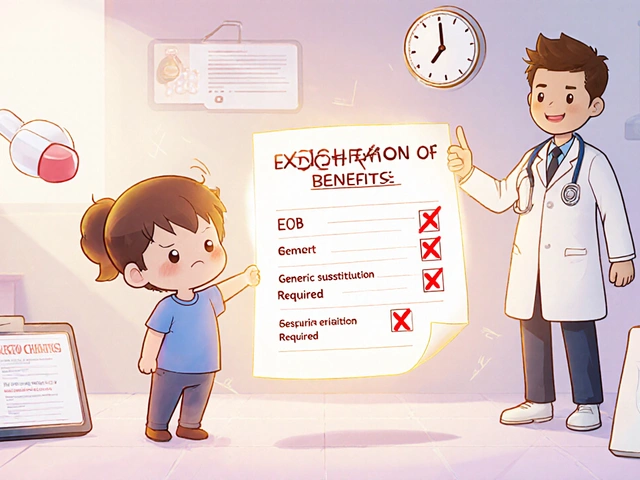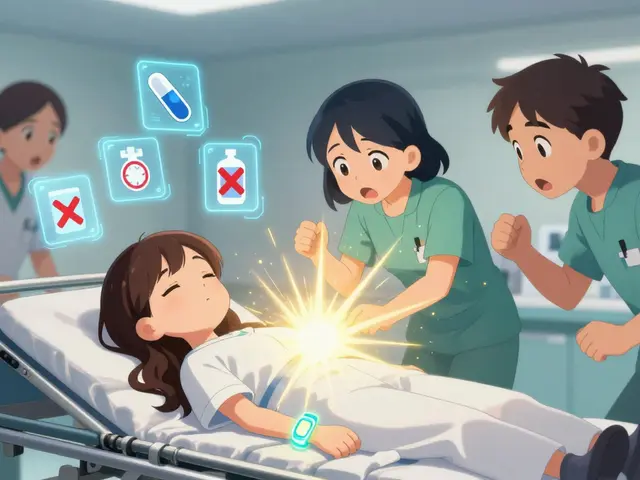Drug-Induced Arrhythmia: Causes, Risks, and Medications That Can Trigger It
When a medication messes with your heart’s rhythm, it’s called drug-induced arrhythmia, an abnormal heartbeat triggered by a drug, not an underlying heart condition. Also known as pharmacological arrhythmia, it’s not rare—some of the most common pills people take can throw off your heart’s electrical signals, leading to palpitations, dizziness, or worse. This isn’t just about illegal drugs or overdoses. Even routine prescriptions for infections, depression, allergies, or high blood pressure can cause it if they interact with your body in unexpected ways.
Think of your heart like a clock powered by tiny electrical pulses. Certain drugs slow down, speed up, or scramble those pulses. For example, antibiotics, like certain macrolides and fluoroquinolones can prolong the QT interval, a measurement doctors watch closely. Antidepressants, especially older tricyclics and some SSRIs are also known culprits. Even over-the-counter cold meds, packed with pseudoephedrine or dextromethorphan can trigger fast or irregular beats in sensitive people. And it’s not just one drug—combining medications, especially when you’re older or have kidney or liver issues, multiplies the risk.
Some people never notice. Others feel their heart fluttering, skip a beat, or get lightheaded. In rare cases, it can lead to fainting or even sudden cardiac arrest. That’s why doctors check your meds before prescribing new ones, especially if you’re already on heart meds or have a history of rhythm problems. It’s not about avoiding treatment—it’s about matching the right drug to your body. The good news? Many cases reverse once the drug is stopped or switched. But you need to catch it early.
Below, you’ll find real-world guides on how common medications interact with your heart, how to spot hidden risks in your prescription list, and what to ask your pharmacist before you take that next pill. Whether you’re managing chronic illness, caring for an elderly parent, or just trying to avoid surprise side effects, these posts give you the facts—not the fluff.
QT Prolongation: Medications That Raise Arrhythmia Risk

QT prolongation is a hidden heart rhythm danger caused by over 200 medications, including common antibiotics, antidepressants, and antipsychotics. Learn which drugs raise arrhythmia risk and how to prevent life-threatening complications.
read more



